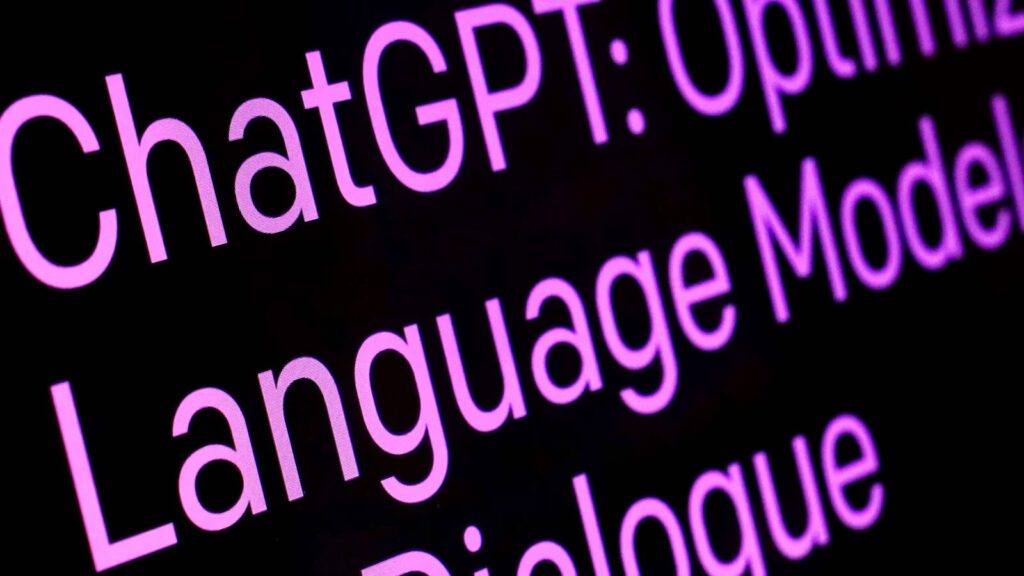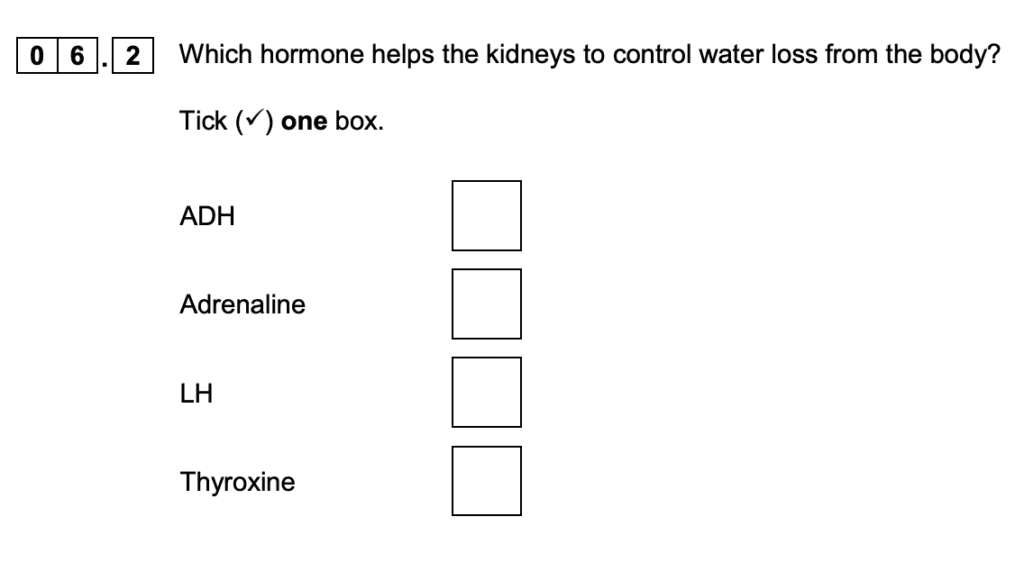Multiple Choice: Tips and Strategies for GCSE and A-level Exams
Are you gearing up for your GCSE or A-level exams and find yourself feeling a bit anxious about the multiple-choice sections? You’re not alone. Multiple-choice questions are a common feature in these exams, but they often bring with them a unique set of challenges. Many students find it tough to navigate the maze of plausible answers, falling into cleverly laid traps by examiners or simply running out of time. So, why are multiple-choice questions important in GCSE and A-level exams, and how can you master them to maximise your scores? This comprehensive guide aims to demystify multiple-choice questions, offering effective strategies for preparation, tips for the exam day, and even a unique way to use advanced AI technology—like ChatGPT—for honing your skills. Let’s dive in and transform that anxiety into confidence!
What Are Multiple-Choice Questions?
Multiple-choice questions are a type of assessment tool frequently used in educational settings, including GCSE and A-level exams. At first glance, they seem straightforward—you’re presented with a question or statement and must select the correct answer from a list of options. Generally, these options consist of one correct answer, known as the ‘key,’ and several incorrect answers, often termed ‘distractors.’
While they may appear simple, multiple-choice questions are designed to evaluate not just your memory but also your ability to apply knowledge, understand concepts, and solve problems. It’s this complexity that often causes students to underestimate the need for strategic preparation. So, what makes multiple-choice questions unique, and why do exam boards frequently include them in their assessments?
What Are Common Mistakes in Multiple-Choice Exams?
When taking multiple-choice exams, students often fall into specific traps that can negatively impact their scores. Recognising these common mistakes can help you steer clear of them and boost your performance.
Why Do Students Pick the First Plausible Answer?
Many students tend to pick the first answer that appears correct to them without evaluating all the options. This strategy may save time but could lead you to the wrong answer. Always ensure you read all the choices before making your selection.
Is Overthinking a Problem in Multiple-Choice Exams?
Overthinking can be just as detrimental as rushing through questions. If you find yourself stuck, it might be better to mark the question and move on, returning to it later if time allows. A fresh perspective often helps.
What Happens If I Leave Questions Blank?
Leaving a question blank guarantees zero points, whereas taking a calculated guess gives you a chance of earning some. In most GCSE and A-level exams, there’s no penalty for guessing, so it’s better to attempt an answer rather than leave it blank.
How Can Careless Errors Be Avoided?
In the exam setting, stress and time constraints can contribute to mistakes, such as misreading questions or filling in the wrong answer bubble. Practising mindfulness and time-management strategies can mitigate these errors.
Does Lack of Revision Lead to Mistakes?
Without sufficient preparation, you’ll struggle to understand and answer questions correctly, no matter how well-designed they are. Don’t underestimate the power of thorough revision.
How Can ChatGPT-4 Help You Master Multiple-Choice Tests?

ChatGPT-4 isn’t just for answering trivia or engaging in casual conversation; it can also serve as a valuable tool in your test preparation. Here are some key questions that highlight how this AI can assist you in mastering multiple-choice exams.
How Can ChatGPT-4 Help with Test Content?
- ChatGPT-4 can provide explanations for subject matter you find challenging. Just ask the AI to explain a particular concept, and it can offer a detailed breakdown.
Can ChatGPT-4 Generate Practice Questions?
- Yes, you can ask ChatGPT-4 to generate practice multiple-choice questions on a specific topic. This gives you the opportunity to test your understanding in a simulated test environment.
What About Reviewing Mistakes?
- After taking a practice test, you can discuss your answers with ChatGPT-4. It can help identify your mistakes and clarify why a particular answer is correct or incorrect.
How Can It Enhance Your Revision Strategy?
- ChatGPT-4 can offer personalised advice on how to revise effectively, based on the areas you’re struggling with.
Is ChatGPT-4 Accessible?
- Available 24/7, ChatGPT-4 offers flexible support that fits around your schedule, eliminating the need to book time with a tutor.

Here are some useful prompts:
- “Can you break down this multiple-choice question and explain what makes each option correct or incorrect?”
- “Based on the curriculum of my course, can you generate some example multiple-choice questions for me to practise with? Keep track of my score as we go along.”
- “Can you provide a detailed analysis of common patterns in multiple-choice questions, such as distractors and logical cues?”
- “Please create a multiple-choice quiz for my upcoming exam in [subject]. Allow me two chances for each question and keep track of my score.”
- “I’ve completed a multiple-choice exam and these are the questions I got wrong. Can you explain the correct answers to me?”
Common Keywords and Phrases to Look Out For in Multiple-Choice Questions
When you’re faced with multiple-choice questions, certain keywords and phrases can give you clues about the correct answer or what the question is really asking. Being aware of these can be a game-changer in your exam performance. Here are some to look out for:
“Except” or “Not”
Questions that use “except” or “not” are asking you to identify the option that is not correct. Be extra cautious with these, as they can easily trick you.
“Always” or “Never”
Absolute terms like “always” or “never” are often clues that the statement may be too strong to be the correct choice.
“Most Likely” or “Generally”
These qualifiers suggest that the statement doesn’t have to be true all the time, just most of the time. Such options are often correct.
“Least”
Questions that ask for the “least” are similar to those using “except” or “not.” You’re looking for the one that doesn’t fit.
“Best” or “Most Effective”
These require you to judge the efficacy of different options, usually based on a given criterion, which may be implied or explicitly stated.
What Strategies Should You Use During the Exam?
Navigating a multiple-choice exam requires more than just knowing the material. Your approach during the test can significantly influence your performance. Here are some strategies you can deploy:
How Should You Tackle Questions You’re Unsure About?
Guessing is not always a bad idea. If you’re stumped, eliminate options that are clearly incorrect and then make an educated guess from the remaining choices.
Should You Change Your Answers?
Conventional wisdom advises against changing answers on a multiple-choice test. However, if you have a compelling reason to change your initial choice, trust your instincts.
How Can You Manage Time Effectively?
Be conscious of the clock. Don’t spend too much time on any single question. If you’re stuck, it’s better to move on and revisit it later if time allows.
What’s the Best Order to Answer Questions?
Answer questions in a sequence that works for you. Some people prefer tackling easy questions first to build confidence, while others like to get the hard ones out of the way.
Should You Review Your Answers?
If time permits, go through your answers at least once to catch any mistakes or revisit questions you were unsure about.
By integrating these strategies into your test-taking approach, you increase your chances of acing the exam.
Are Strategies Different for Specific Subjects?

The core principles of tackling multiple-choice questions remain largely the same across different subjects, but some nuances could give you an edge depending on the field of study. Below are some subject-specific strategies you might find useful.
How Do You Approach Multiple-Choice Questions in Science?
In science exams, questions often have two or more answers that seem correct but differ in specific details. Be sure to read each option carefully, taking note of any scientific terms or units.
What About Maths and Statistics?
For mathematical problems, the answer is definite, but the choices often include common errors as options. If possible, work backward from the multiple-choice options to see if they fit into the original equation or question.
What Should You Keep in Mind for History and Social Sciences?
These exams often require a strong understanding of cause-and-effect relationships and timelines. Try to reason through choices by recalling key events, figures, or theories relevant to the question.
Are There Unique Strategies for Literature and Language Exams?
Multiple-choice questions in literature and language exams often hinge on the interpretation of phrases, tone, or context. Always refer back to the original text when confronted with questions that require textual evidence.
What About Professional and Aptitude Tests?
Career-related multiple-choice exams may include situational questions that assess problem-solving or ethical judgement. Here, it’s less about what you know and more about how you apply your knowledge in different scenarios.
By tailoring your strategy to the subject matter, you can optimise your performance and better navigate the complexities of multiple-choice exams in different disciplines.
Conclusion
Conquering multiple-choice exams is not a matter of chance but a result of strategic preparation and focused effort. Whether it’s understanding the common keywords that often appear in questions or implementing subject-specific strategies, the secret lies in diligent preparation.
If you’re looking for personalised help to further refine your skills, there are resources like Edumentors where expert tutors can guide you through both the subject matter and unique exam techniques tailored for multiple-choice tests.
Arming yourself with the right strategies and support can make all the difference in your academic journey. Happy studying and good luck on your next multiple-choice exam!









